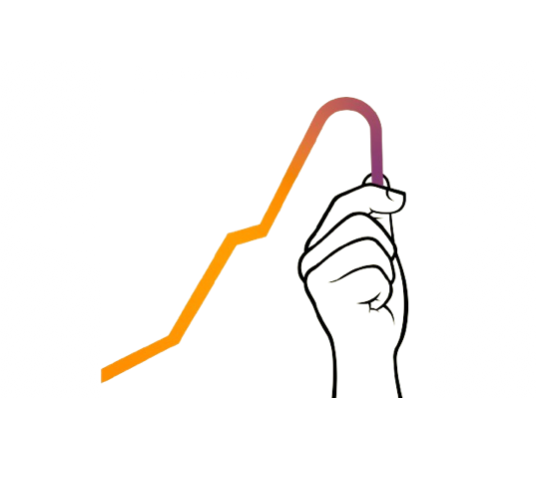According to new reports, Twenty-two of the world’s 30 most polluted cities are in India, with Delhi being ranked the most polluted capital city globally. Delhi air quality was improved by approximately 15% between 2019 and 2020 but it still ranked as the 10th most polluted city and the most polluted capital in the world. In 2020, improvement was observed in the air quality of all Indian states compared to 2018 while 63% saw improvement over 2019. However, India continues to feature prominently at the top of the most polluted cities ranking with 22 of the top 30 most polluted cities globally.
The 21 other Indian cities, beside Delhi among the 30 most polluted cities in the world are Ghaziabad, Bulandshahar, Bisrakh Jalalpur, Noida, Greater Noida, Kanpur, Lucknow, Meerut, Agra and Muzaffarnagar in Uttar Pradesh, Bhiwari in Rajasthan, Faridabad, Jind, Hisar, Fatehabad, Bandhwari, Gurugram, Yamuna Nagar, Rohtak and Dharuhera in Haryana, and Muzaffarpur in Bihar.
As per the report, Ghaziabad is the second most polluted city in the world followed by Bulandshahar, Bisrakh Jalalpur, Noida, Greater Noida, Kanpur, Lucknow and Bhiwari. The global cities ranking report is based on PM2.5 data from 106 countries, which is measured by ground-based monitoring stations, most of which is operated by government agencies.
Major sources of India’s air pollution include transportation, burning plastic, biomass burning for cooking, electricity generation, industry, construction, waste burning and episodic agricultural burning. “The transportation sector is one of the major contributors to India’s leading PM2.5 emission sources across cities,” the report said.
Earlier in February, a Greenpeace Southeast Asia analysis of IQAir data said that air pollution caused by hazardous PM2.5 fine particulate matter led to the death of 54,000 people in Delhi in 2020 where pollution levels remained almost six times above the prescribed WHO limits. It said that 1800 deaths per million were estimated due to PM2.5 air pollution in Delhi.
Giving an Indian context to the global IQAir report, Avinash chanchal, climate campaigner at Greenpeace India said, ” while many cities including Delhi have recorded marginal improvements in air quality due to lock down, the health and economic cost of air pollution remains severe. It is pertinent that governments prioritize sustainable and clean energy sources, and the cities need to encourage low-cost, active and carbon-neutral mobility choices such as walking, cycling, and accessible public transport.” He added that speeding up the transition to clean energy and clean transport will not just saves our lives but also dramatically reduces healthcare-related costs.
“The year 2020 brought an unexpected dip in air pollution. In 2021, we will likely see an increase in air pollution due to human activity, again. We hope this report will highlight that urgent action is both possible and necessary to combat air pollution, which remains the world’s greatest environmental health threat,” said CEO of IQAir Frank Hammes.

